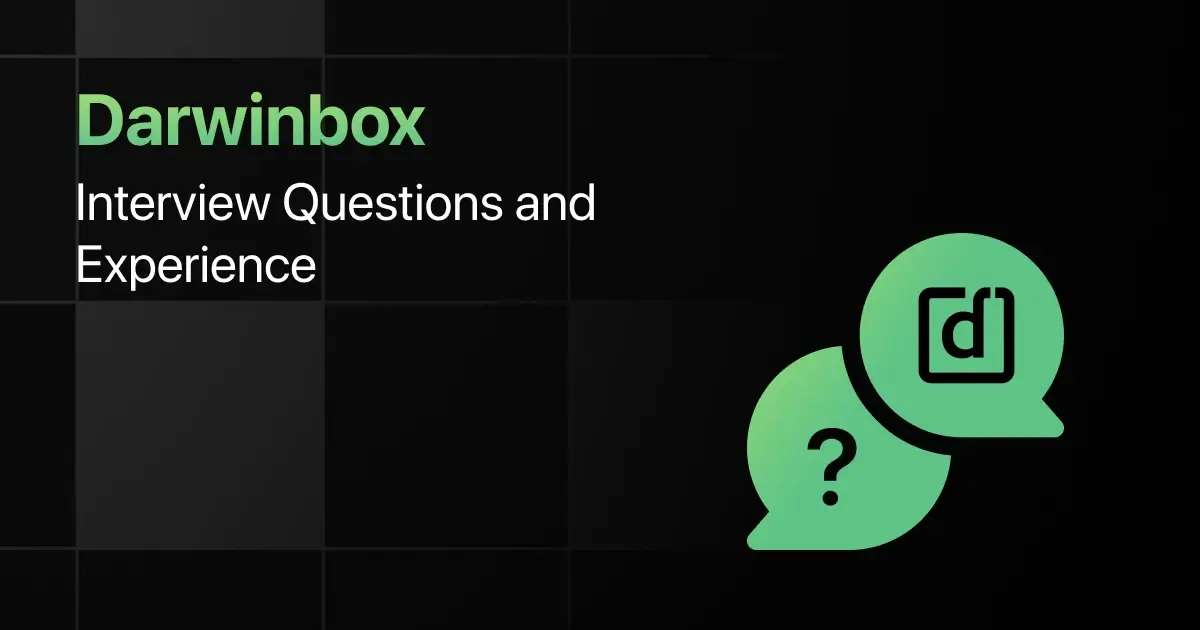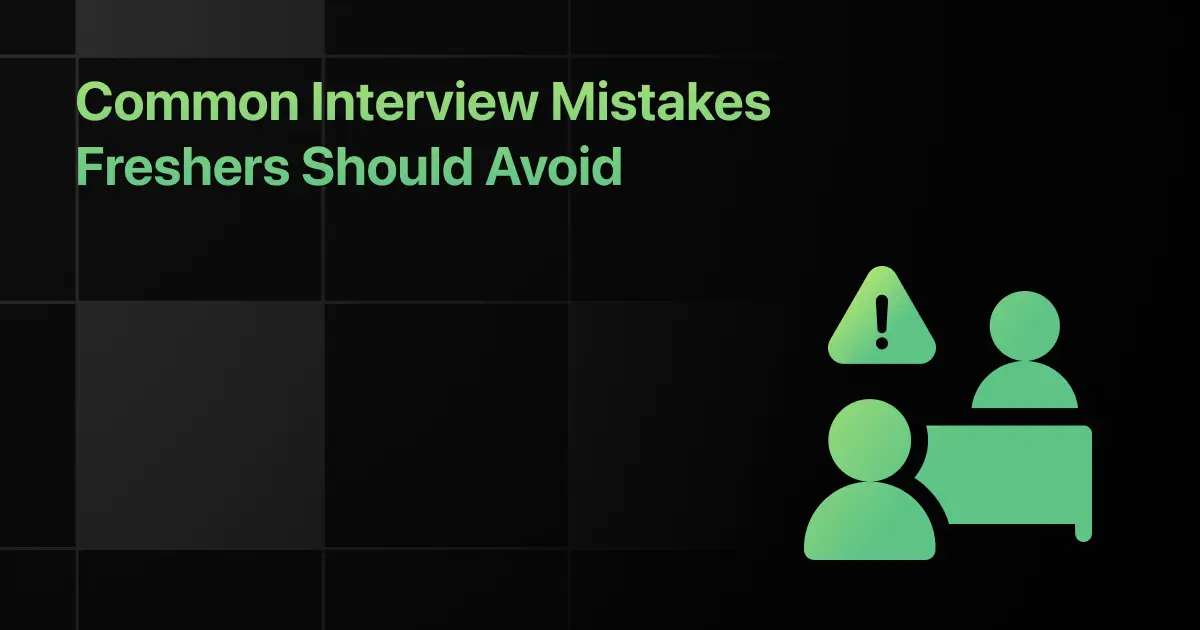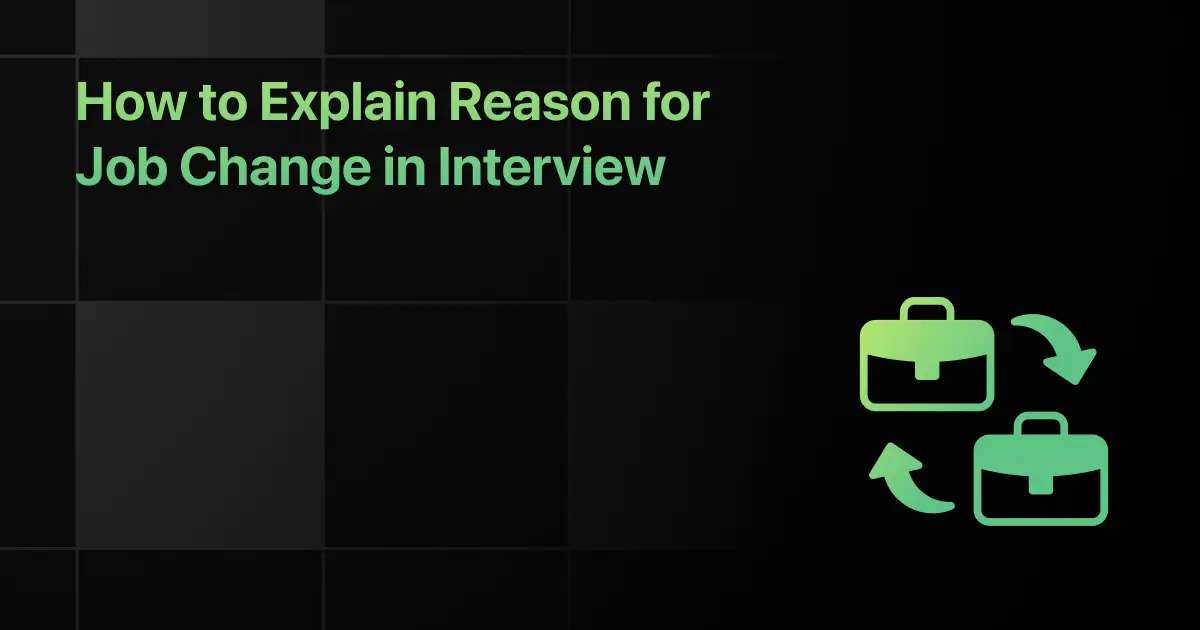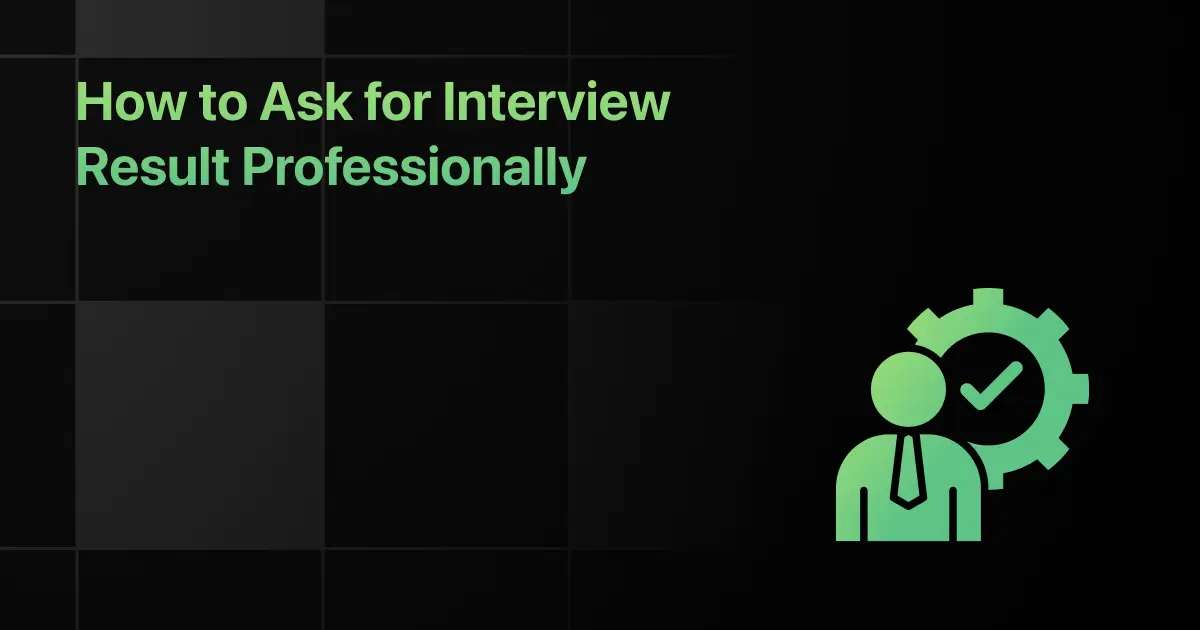Darwinbox Interview Questions and Experience

Breaking into a fast-growing SaaS company like Darwinbox can be both exciting and challenging. As one of the leading HR tech platforms in Asia, Darwinbox looks for candidates who are not only technically strong but also capable of adapting to product-driven, fast-paced environments.
If you are preparing for a Darwinbox interview, understanding their hiring process and the type of questions asked can help you gain an edge. In this article, we’ll walk you through the complete process and actual interview questions shared by candidates.
Darwinbox Hiring Process – Overview
Here’s a quick overview of Darwinbox’s hiring process:
| Category | Details |
|---|---|
| Eligibility | Open to both freshers and experienced candidates. Preferred degrees include B.E/B.Tech, M.Tech, MCA, or related fields in Computer Science, IT, or similar. |
| Rounds | Usually 3–5 rounds: Online Assessment, Technical Interviews (1–2), System Design/Case Study (for experienced roles), and HR/Managerial round. |
| Job Roles Offered | Software Development Engineer (SDE), QA Engineer, Data Analyst, Product Specialist, Customer Success roles, and other product/engineering-related positions. |
| Salary Range | For freshers: ₹6 LPA – ₹10 LPA (based on role). For experienced professionals: ₹12 LPA – ₹30 LPA depending on skillset and seniority. (AmbitionBox & Glassdoor) |
| Apply Link | Apply Now |
Top Darwinbox Interview Questions with Answers
Preparing for a Darwinbox interview means being ready for technical, role-based, and behavioral questions that test your coding skills, analytical thinking, product knowledge, and cultural fit. Below are some commonly asked questions along with sample answers to help you prepare effectively.
1. Technical Questions
- What is the difference between SQL and NoSQL databases?
SQL databases are relational and use structured schemas, while NoSQL databases handle unstructured or semi-structured data and scale horizontally. - Explain ACID properties in databases.
ACID ensures reliable transactions: Atomicity (all or nothing), Consistency (valid state), Isolation (independent transactions), and Durability (permanent results). - What are microservices and how are they different from monolithic architecture?
Microservices split applications into independent, loosely coupled services, unlike monolithic apps where all components are tightly integrated. - What is REST API and how does it work?
A REST API allows communication between client and server using HTTP methods like GET, POST, PUT, and DELETE, returning structured responses. - What is the difference between primary key and foreign key in databases?
A primary key uniquely identifies a row in a table, while a foreign key links data between two tables by referencing the primary key. - Explain the concept of indexing in databases.
Indexing improves query speed by creating references to data, often using structures like B-trees or hash indexes. - What is the use of Docker in software development?
Docker helps package applications into containers, ensuring consistent environments across development, testing, and production. - What is Git and why is it used?
Git is a distributed version control system that helps track changes in code, enabling collaboration and rollback when needed. - What is load balancing and why is it important?
Load balancing distributes network traffic across multiple servers to ensure availability, reliability, and performance. - What are joins in SQL?
Joins combine data from multiple tables using relationships, such as INNER JOIN, LEFT JOIN, RIGHT JOIN, and FULL JOIN. - What is the difference between functional and non-functional requirements?
Functional requirements define system behavior (features), while non-functional requirements describe performance, scalability, and security aspects. - Explain caching and its benefits.
Caching stores frequently accessed data temporarily to reduce latency, improve speed, and reduce database load. - What is the difference between GET and POST methods in HTTP?
GET is used to retrieve data, while POST is used to send data to the server for creation or processing. - What are the differences between process and thread?
A process is an independent program with its own memory space, while a thread is a lightweight execution unit within a process. - What is the difference between unit testing and integration testing?
Unit testing validates individual components, while integration testing ensures different modules work together correctly.
2. Role-Based Questions
For Fresher (SDE/QA Trainee)
- Why do you want to join Darwinbox as a fresher?
Darwinbox offers exposure to modern SaaS technologies and end-to-end product development, which aligns with my career aspirations. - What projects have you worked on that demonstrate your problem-solving skills?
I built a student management system using Java and MySQL, where I optimized queries for performance and scalability. - How do you approach debugging when your code fails?
I reproduce the issue, analyze logs, add debug statements, and systematically test smaller components to isolate the problem. - How do you stay current with the latest technologies?
I am active in platforms like Medium and official documentation, while practicing coding challenges on LeetCode.
For Data Analyst
- How do you clean and preprocess raw data?
I handle missing values, remove duplicates, normalize data, and apply transformations to prepare datasets for analysis. - What visualization tools are you familiar with?
I have worked with Tableau, Power BI, and Python libraries like Matplotlib and Seaborn for data visualization. - How do you identify outliers in a dataset?
I use statistical methods like z-score, IQR, or visualization techniques such as boxplots to detect outliers. - Explain a project where your analysis directly influenced decision-making.
In my internship, I built sales dashboards that helped leadership identify high-performing products and optimize pricing strategies.
For Software Engineer (Experienced)
- How do you design scalable applications?
By using microservices, load balancing, caching, and database sharding to handle growth in users and data. - What is the role of APIs in system integration?
APIs enable communication between different services, allowing modular development and external system integration. - How do you ensure code quality in large projects?
I follow coding standards, conduct peer reviews, write unit tests, and use CI/CD pipelines for automated testing. - What is your experience with cloud platforms?
I have deployed applications on AWS and Azure, using services like EC2, Lambda, and S3 for scalability.
For Product Manager
- How do you prioritize features in a product roadmap?
I use frameworks like MoSCoW and balance business value, customer impact, and technical feasibility. - What metrics do you track for product success?
Metrics like customer retention rate, active users, NPS score, and feature adoption rate. - How do you handle conflicts between engineering and business teams?
I ensure clear communication, align priorities with business goals, and mediate trade-offs transparently. - Explain how you would improve an HR tech product like Darwinbox.
I would focus on improving employee experience with better analytics, AI-driven recommendations, and mobile-first design.
3. Behavioral Questions
- Tell me about a time you had to work under a tight deadline.
I prioritized tasks, collaborated with teammates, and delivered a functional module on time with documented improvements. - How do you handle conflicts within a team?
I listen to all perspectives, mediate calmly, and work toward a compromise that aligns with project goals. - Describe a time when you failed at something and how you handled it.
During a project, my design approach failed initially. I learned from feedback, reworked the solution, and improved it. - How do you handle feedback from a manager?
I accept feedback positively, clarify doubts, and implement improvements to ensure continuous growth. - Give an example of when you had to adapt quickly to changes.
In my internship, sudden tech stack changes required me to learn React within a week and contribute to the project. - How do you manage multiple tasks at once?
I prioritize using tools like Trello, break tasks into smaller parts, and track progress to meet deadlines. - Why should we hire you at Darwinbox?
I bring strong technical expertise, adaptability, and problem-solving skills that align well with Darwinbox’s product-focused culture. - What motivates you to work in the HR tech industry?
The chance to build tools that directly impact employee engagement, productivity, and organizational success excites me.
Darwinbox Interview Experiences
1. Darwinbox campus recruitment Interview Experience (Fresher)
Here is the interview experience of a candidate who appeared for the Darwinbox campus recruitment process in 2024.
Candidate Background:
Fresher, final-year B.Tech student with coding experience, prior project work, and participation in GSoC.
Interview Process They Faced:
- Round 1 (Coding + MCQs): SQL, JavaScript, code output questions; coding problems like Scramble String, Combination Sum, and Walls and Gates.
- Round 2 (Coding + MCQs): JavaScript, SQL, code output questions; coding problems like Corona Virus Containment and sum of prime numbers from subarrays.
- Round 3 (Technical Interview): Questions on coding, Linux, AWS S3, Firebase, SQL, JavaScript loops, linked list operations, and projects.
- Round 4 (HR Interview): General discussions on background, career goals, and company insights (delayed in this case).
Questions Asked:
- DSA problems including dynamic programming, graph traversal, and string manipulation.
- Conceptual questions on AWS S3, Linux security, Firebase, SQL queries.
- Linked list operations without head pointer, JSON object loop detection, and Material-UI components.
- Resume-based and project-related discussions.
Outcome & Difficulty Level:
Cleared technical rounds successfully; HR round pending. Difficulty was moderate to high, with strong focus on both coding and practical knowledge.
2. Darwinbox campus drive Interview Experience (Fresher)
Here is the interview experience of a candidate who appeared for a Darwinbox internship campus drive in 2025.
Candidate Background:
Fresher, B.Tech student, shortlisted among top coders from multiple colleges for the campus pool drive.
Interview Process They Faced:
- Round 1 (Online Exam): 10 MCQs (Java, C++, DSA, reasoning, SQL, JavaScript) and 3 coding problems (Merge Intervals, DP variations).
- Round 2 (Online Exam): 10 MCQs and 2 coding problems (Dungeon Game, Pancake Sorting).
- Round 3 (Technical Interview): Whiteboard/DSA coding, SQL queries, and project discussions.
- Round 4 (HR Interview): Communication skills and cultural fit assessment.
Questions Asked:
- Coding problems: Merge Intervals, Dungeon Game, Pancake Sorting.
- DSA-focused whiteboard coding problems in technical interview.
- SQL-based problem-solving and queries.
- Resume/project-based discussions.
Outcome & Difficulty Level:
Cleared initial coding rounds and technical interviews; final selection based on HR round. Difficulty was moderate, with heavy focus on DSA and problem-solving.
Preparation Tips for Darwinbox Interviews
Preparing for Darwinbox interviews requires a balance of technical depth, problem-solving ability, and communication skills. Here are some focused tips to help you succeed.
- Know the Basics: Revise computer science fundamentals such as data structures, algorithms, OOPs, DBMS, and operating systems, as these are often tested in technical rounds.
- Practice Coding: Solve problems regularly on platforms like LeetCode or HackerRank. Focus on medium-level DSA problems that test logical thinking and optimization.
- Understand System Design: For experienced roles, prepare for low-level and high-level design interviews. Be clear on APIs, scalability, microservices, and cloud-based solutions.
- Project Knowledge: Be thorough with your resume projects. Expect detailed questions on implementation, challenges, and technologies used. Interviewers often drill down into your contributions.
- Behavioral Readiness: Prepare STAR-format answers for teamwork, leadership, and conflict resolution questions. Darwinbox values cultural fit along with technical ability.
- Stay Product-Aware: Research Darwinbox’s products and services. Understanding the HR-tech domain can help you answer role-specific or product-related questions better.
Final Words
Cracking a Darwinbox interview requires strong technical preparation, confidence in your past work, and clear communication. With consistent practice and awareness of company values, you can significantly improve your chances of success.
Explore More for
FAQs
Common questions include data structures, algorithms, database queries, OOP concepts, and scenario-based problem-solving questions on real-world business cases.
For freshers, the questions are moderate. They focus on problem-solving ability, fundamentals, and clarity of concepts rather than advanced system design.
The process typically takes 2–3 weeks, depending on the number of rounds and scheduling between online assessments, technical interviews, and HR rounds.
Candidates should focus on DSA, SQL, OOPs, Java or Python, APIs, and basic system design concepts relevant to their role.
Common mistakes include poor problem explanation, incomplete test cases, weak project knowledge, and lack of preparation for behavioral questions.
Typically, there are 3–5 rounds including online assessment, one or two technical interviews, a system design or case study round, and HR discussion.
Yes, freshers are tested mainly on DSA and CS fundamentals, while experienced candidates face system design, architecture, and domain-specific problem-solving questions.
The best way is to practice DSA and system design consistently and prepare with placement-focused resources like PlacementPreparation.io for structured guidance.
Related Posts


Common Interview Mistakes Freshers Should Avoid
Have you ever come out of an interview feeling, “I prepared so much… then what went wrong?” For most freshers in …
Warning: Undefined variable $post_id in /var/www/wordpress/wp-content/themes/placementpreparation/template-parts/popup-zenlite.php on line 1050








